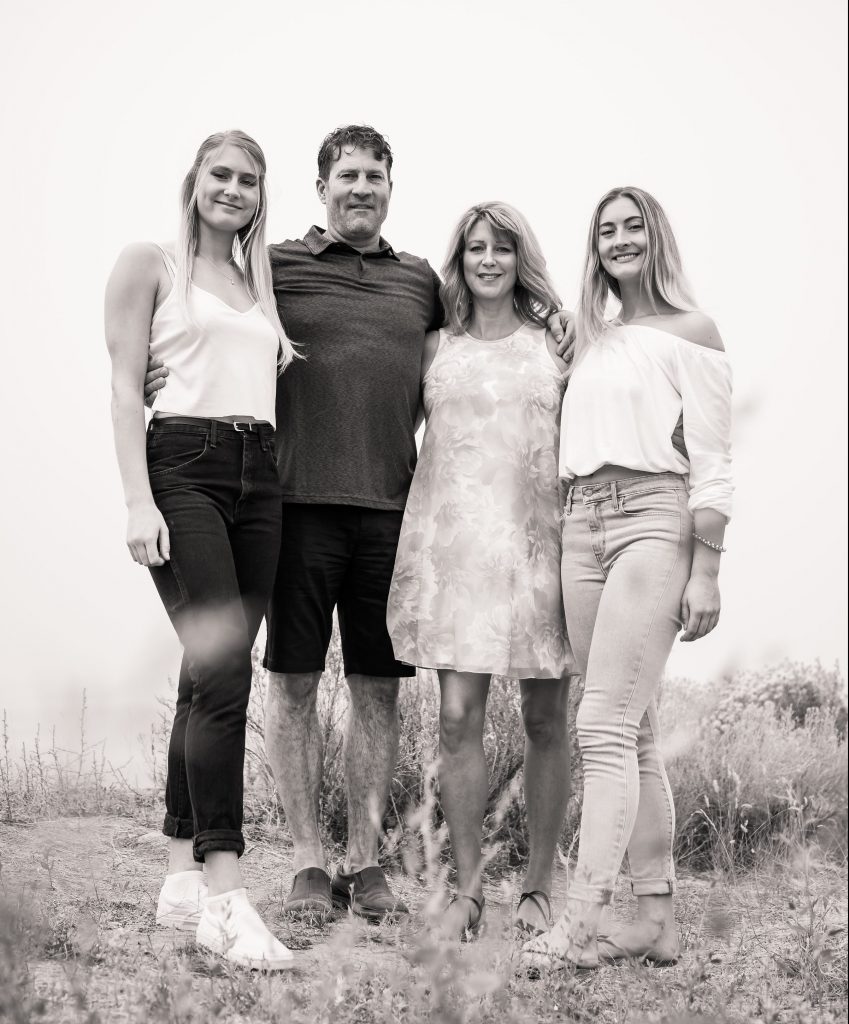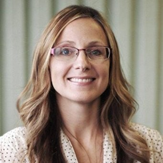Posted • Last updated
Categories: My Experience, Patient Voice Mail
In this month’s PVN 10th anniversary story, patient partner Terri McKinlay shares how she and her family, when faced with her daughter Rylee’s struggles with an eating disorder, channelled their family’s pain into a voice for positive change. Through PVN, they have been able to share their experience and contribute to decisions that impact mental health care in British Columbia. Read more about how Terri and Rylee have helped others and how this process helped them heal.
Why did you join PVN?
Approximately eight years ago, following several months of increasingly concerning symptoms, our daughter Rylee was diagnosed with anorexia nervosa. Our family felt like the rug was swept out from under us as our lives were turned upside down.

We quickly learned that eating disorders (EDs) were not like other illnesses. The team we were fortunate to have in such a rural area of BC, including doctors, clinicians and dieticians, were honest in that they had never received adequate education around EDs and that there was no clear path for treatment. Throughout our journey since then, we’ve learned that for a long time, this has been the “norm” within BC.
A lack of integrated care meant many appointments per week in different locations and a need for us to tell our story repeatedly to service providers. We also came to understand that EDs may be the most misunderstood of illnesses; most people believe that they are a choice, driven simply by vanity — want to be thin. We ourselves, until this point, didn’t understand that they are serious mental health disorders that are extremely complex and often result as the manifestation of a myriad of contributing factors. They have the highest death rate, by far, of all mental illnesses, except for substance use disorder and often require a team of specialized service providers as well as trained caregivers, to recover from. The stigma surrounding mental illnesses like EDs adds to the difficulty families face since often society is uncomfortable and doesn’t understand that support is needed in the same ways as in purely medical/physical illnesses.
When Rylee was released from BC Children’s Hospital and began the next phase of her recovery (my husband and I were now trained and able to support her at home), she and I decided that with the knowledge we now held about EDs and the need for change for other families facing this, we needed to share our story and try to help. We joined the BC Child and Youth Mental Health and Substance Use Collaborative project, a massive four-year initiative that addressed the need for reform in our province’s care systems for mental health and substance use.
The Collaborative project produced opportunities for BC youth and their caregivers with lived experience of mental illness and/or substance use disorder to have a voice in system planning and reform. Rylee and I became involved in several regional projects and working groups, as well as some provincial opportunities. It was at this point that we learned about the Patient Voices Network. They connected us to opportunities where we could share our knowledge in ways that truly contributed to system change while offering support if we needed it.
What did you learn about being a patient partner?
The most important learning for me has been that having a voice in decision making, planning and partnerships for mental health care has had a profound impact on my healing process (my daughter expresses this as well). The most challenging experience in my life has been channelled into positive change for others. The unfounded feelings of guilt and shame that families often feel when their youth are struggling with their mental health or with substance use, can be dissipated by these positive contributions to society.
Increasingly, service providers see the value in and invite input from people with lived experience. Integrated, family-centred care is gaining traction in BC and families are increasingly able to share their voice as part of their youth’s care team. And, when the time feels right for those families, their knowledge and experience should be respected and embraced in partnerships that continue to build on this movement.
Author: Terri McKinlay


